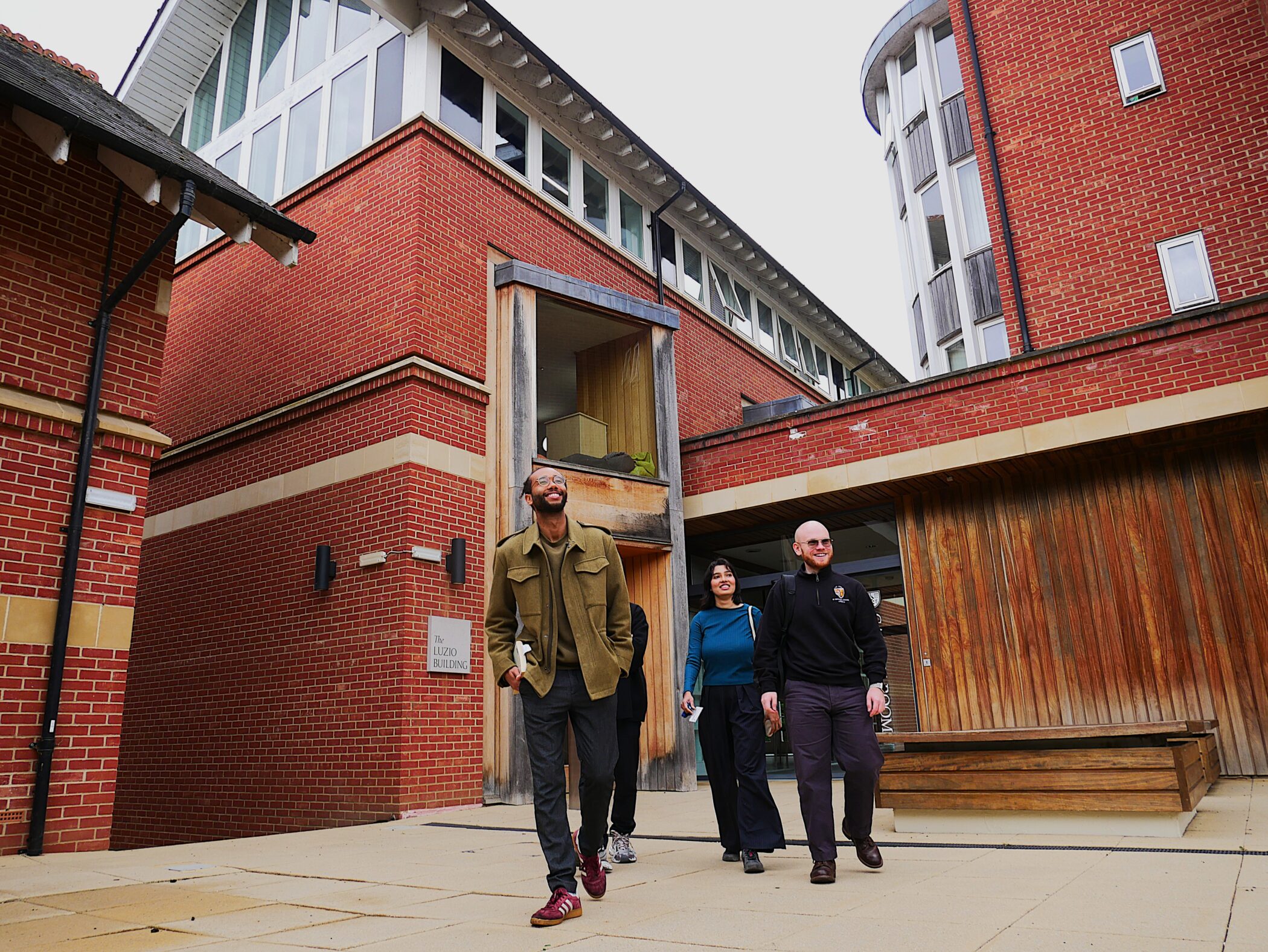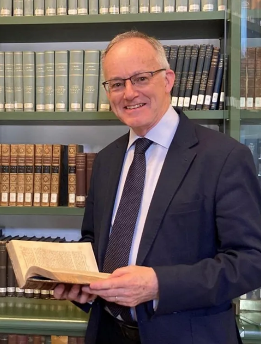Dr Misty Jenkins, Laboratory Head at the Walter and Eliza Hall Institute, has been named in The Australian Financial Review & Westpac 100 Women of Influence Awards. Just twelve women were named among hers in the category ‘Innovation’. She was a Research Fellow at St Edmund’s.
Misty’s team at the Walter and Eliza Hall Institute specialise in cancer research. She and her colleagues investigate the biology of white blood cells called cytotoxic lymphocytes. These cells are the serial killers of the immune system, and it’s their job to seek and destroy cancerous and virus infected cells. They are studying the cell biology behind how killer lymphocytes acquire the ability to kill and detach from cancer cells.
Misty’s Research

Recent advances in cancer immunotherapy have aimed to recruit the immune system to fight cancer; this has shown great clinical promise. Her work is trying to understand the cell biology of an effective immune response to extend these therapies to cover a broader range of malignancies, and allow for sustained immune responses.
Her team is focused on a number of projects that investigate cytotoxic lymphocyte responses (both CD8+ T lymphocyte and natural killer (NK) cells) to cancer. Both CD8+ T cells and NK cells kill cancer cells via similar and conserved mechanisms. Her research aims to understand various aspects of the killing process: the interplay between killer lymphocytes and other immune cells, and the subsequent consequences for the immune system.
Her projects utilise live cell imaging techniques, together with cellular immunology approaches.
Misty and her team research two main types of immunotherapy:
- Passive immunotherapy employing monoclonal antibodies to molecules on the cell surface (known as tumour-associated antigens).
- Adoptive T-cell therapy using Chimeric Antigen Receptor T (CAR-T) cells engineered to recognise and attack cancer cells.
The biological understanding and development of new immunotherapies has undergone a revolution in the past decade. Misty’s research at the institute will provide insights into the working of engineered killer cells and they anticipate that their research will ultimately reveal enhanced strategies for targeting tumour antigens by the immune system, to give long-term persistence in patients.
100 Women of Influence Awards

Now in its fifth year, 100 Women of Influence Awards have garnered interest from an increasingly broad cross-sector of entrants in Australia, some high profile, such as television personality Lisa Wilkinson, mining magnate Gina Rinehart and three-time Paralympic swimmer Ellie Cole, and others less well known but equally influential, such as Dementia Alliance International founder, Kate Swaffer.
Westpac director of women’s markets, diversity and inclusion, and judging co-chair, Ainslie van Onselen, said finding the hidden talent as well as the more visible leaders is what differentiates the awards.
“Women deserve to be recognised as intelligent, capable and equal and these awards not only highlight the incredible breadth of talented Australian women, they uncover those extraordinary women whose tireless commitment to creating change would have otherwise remained unrecognised.”
It’s a sentiment UN Women Australia president and one of this year’s 100 Women of Influence from Western Australia, Beth Shaw, echoes.
She said the most heartening change now is the willingness of more people to recognise that influence comes in different forms, and doesn’t necessarily rely on formal positions of authority to be wielded.





